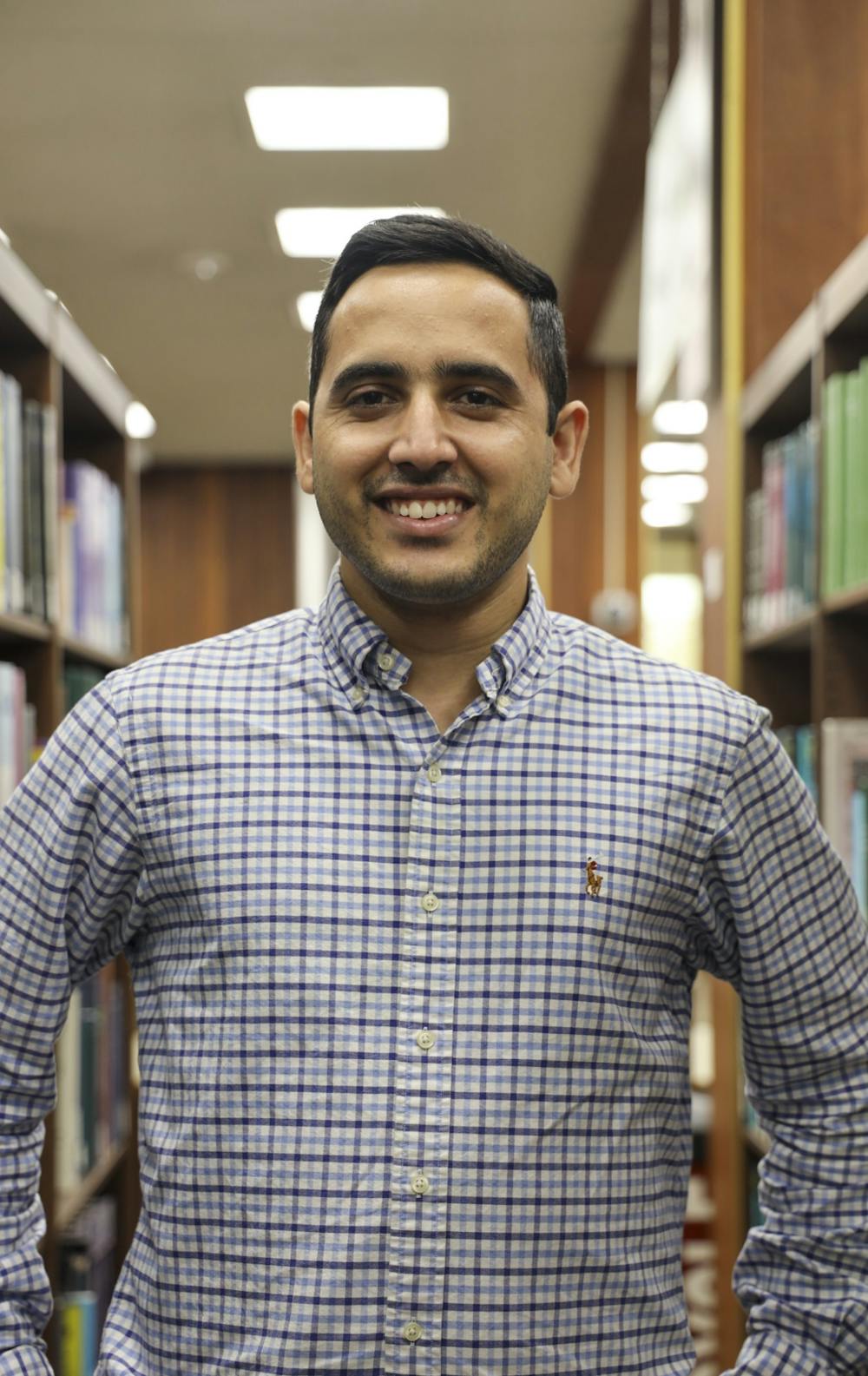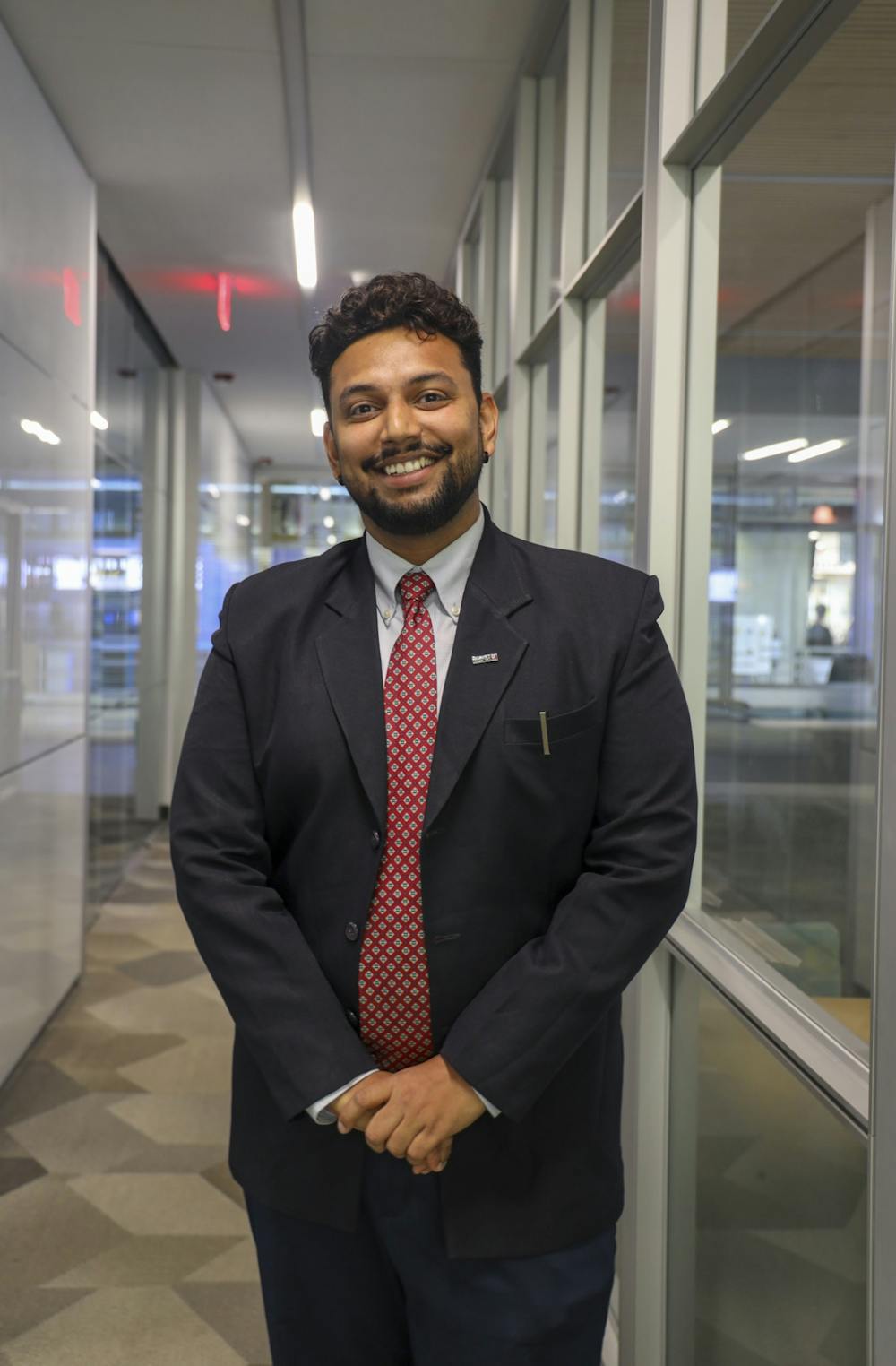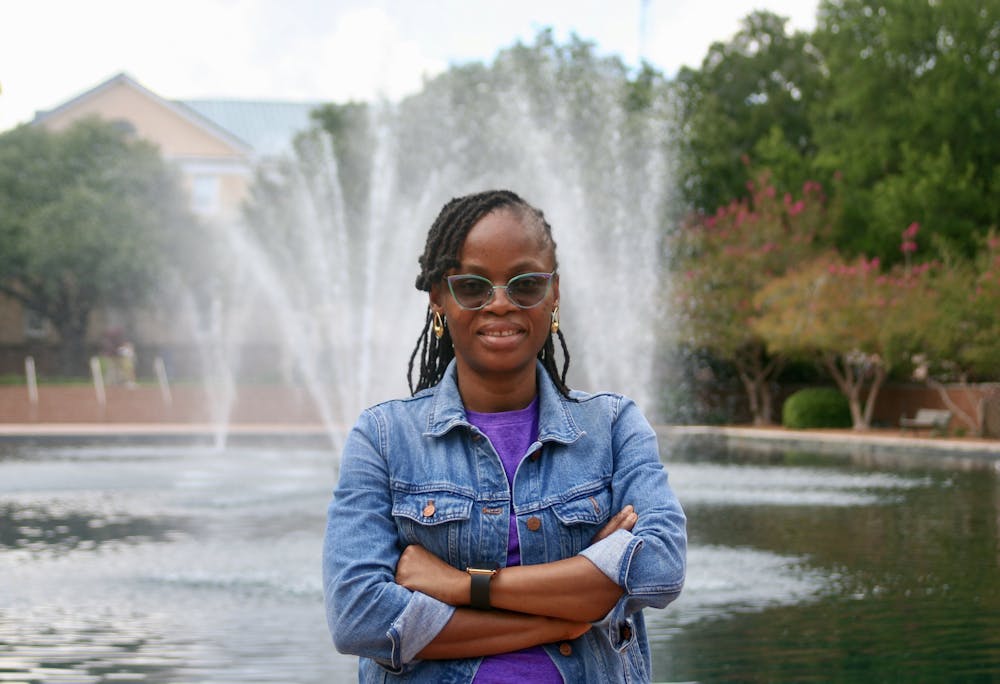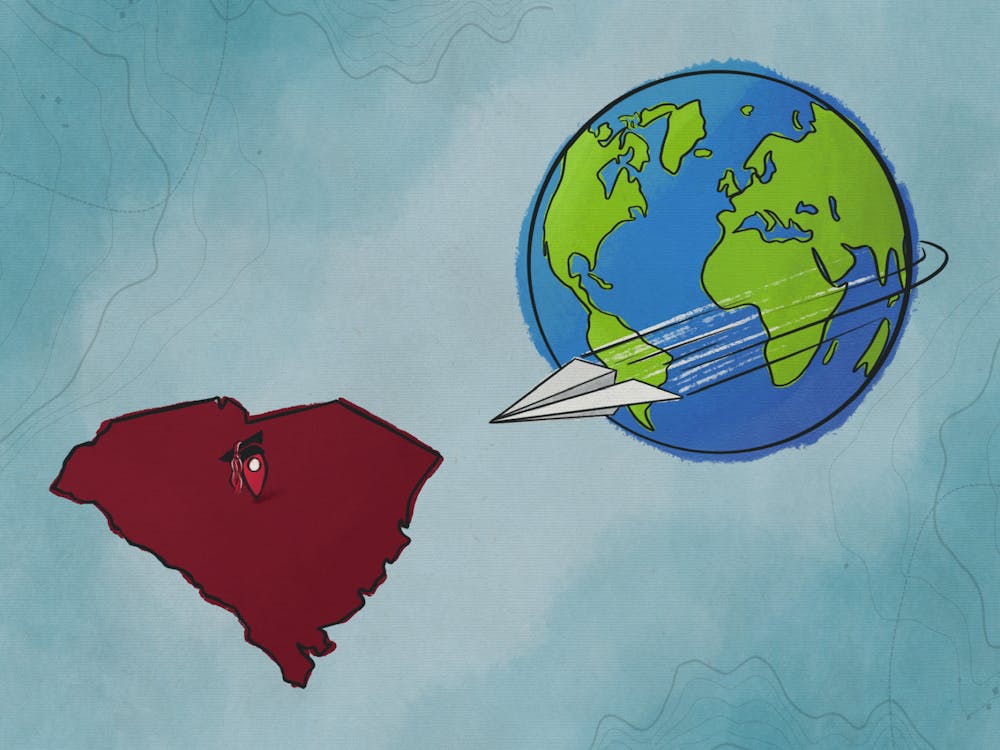As someone born and raised in the U.S., defining the “American” way of life can still prove difficult. The term "melting pot" describes the cultural diversity in this country, but when we examine our ingredients, we notice that flavors don't mesh together as well as the term suggests.
Many children of immigrants listen to their parents’ detailed stories of the difficult integration into the U.S., but there is often a disconnect between the past and present when having these conversations. We like to think that our country has progressed since “their time,” but alienation and invisibility are still prevalent feelings faced by people moving to the U.S. who are eager for a fresh start.
Specifically, we can look at the expectations of international students who are preparing to immerse themselves in American college culture. “If you are planning to live, learn and grow in the United States, you already possess a well-known American characteristic—a sense of adventure!” is at the top of an advice page from InternationalStudent.com titled “The USA 'Way of Life.'” International students enter the country expecting adventurous, open-minded people who are going to welcome them and embrace all of their differences. Instead, they are often faced with disorienting feelings of isolation and a strong sense of disconnect from their peers.

Ghasson Mehmood
Gahssan Mehmood is a grad student from Pakistan who is studying here as a Fulbright scholar, which is a program that offers grants to students to teach, conduct research and carry out professional projects abroad. When asked about the differences in academics here in the U.S. compared to Pakistan, Mehmood discussed how coursework is much more structured, intensive and "demanding" at USC compared to in Pakistan.
However, academics were not the main struggle in Mehmood's transition to college in the U.S. “I was taking 13 credit hours my first semester while struggling with my housing situation and trying to figure that out,” Mehmood said. “I didn’t have a lot of support.” Mehmood unpacked issues pertaining to residential access for international students due to their visa status, causing the majority of them to live far off campus and commute using unreliable modes of transportation. In fact, Mehmood mentioned living with a ministry host family before he was able to find a more permanent residential area.
These experiences were reiterated during an interview with Gaurav Harshe, a student from India who began studying in the U.S. eight years ago. Harshe studied in Colorado and Florida before coming to USC to pursue a PhD, and he similarly felt that the academic styles in the U.S. can prove difficult for people coming from abroad. Harshe shared that our curriculums are more of a “self-centered teaching style” with no personal connections to instructors.
One interesting pattern that arose was the initial experience that multiple international students had with the

ministry and other religious organizations. In Harshe's experience, the International Student Services office was not very helpful as he tried to navigate the difficulties of things like transportation but that ministry groups seemed to appear at the ISS office often. “I’m used to proselytizing, " Harshe said. "But, even at the social reception by the ISS office, there were a lot of church-based and Christian-based groups handing out Bible study pamphlets or advertising trips off campus."
Harshe talked about how this led to his first year on campus heavily revolving around people in Christian organizations while also noting that these groups often required a significant time commitment from students. “I love them helping me out, but it’s coming at a cost," Harshe said. "When I started to resist, I was faced with retaliation.”
Although Harshe and Mehmood both had experiences with religious organizations on campus, they did not seem to have positive experiences with organizations of their own beliefs or cultures either. Mehmood mentioned that he was not able to get very involved with organizations on campus because they lacked a sense of relatability, so he tended to spend most of his time with other Fulbright scholars that understood where he was coming from. However, this makes us wonder where international students who are not part of a larger group find their support system.
“People think we’re stupid. Just because we don’t ‘know English’ in the way you think we should know English or our accents are different. We're not stupid," Harshe said when asked about his interactions with other students. "Sure, we don’t understand the culture sometimes, U.S. culture can be different, but can students from here understand my culture? Can they survive in my country? Can they take a train and not get hit by a bus in India?”
Harshe talked about getting involved with the Indian Cultural Organization, but he faced certain microaggressions there as well. He discusses a rift where international students tend to receive “shade” and “side-eyes” from Indian-American students. Harshe blames the stigma behind “fobs,” which stands for “fresh off the boat,” and is often used to demean immigrants or anyone not born in the U.S. Harshe talks about how this type of intracultural discrimination hurts more than any other judgment. He discussed a specific example when talking about Garba, a ritualistic dance usually performed on the occasion of the Hindu festival of Navaratri. “If we’re doing a Garba circle and one of the ‘Indian’ students gets into the circle, a lot of the Indian American students will leave the circle to form their own," Harshe said. "I don’t know if they project what their parents are like onto international students, but why don’t they see a little bit of that connection? If their parents have gone through those struggles, why don’t they see us going through that same struggle now?”
However, Harshe has pride in his background and confidence in his merit that allowed him to study abroad. “If the game is assimilation, sorry, I don’t want to learn it,” Harshe said.

Not all international students struggled with the same issues, though; some were able to find their footing before even setting foot in the U.S. An interview with Blessing Emodi, a third-year PhD student from Nigeria, demonstrated the positive impact of having a support system across the sea. Although she, like most international students, initially struggled to get acquainted with the difference in teaching styles and cultural norms, a lot of practical issues were evaded due to her connection to Columbia’s Nigerian community.
“We have a good Nigerian community here," Emodi said. "Once I got my visa approved, they put me through to a Nigerian here and she added me to a group. Whenever I have a question, I ask on the group. When it comes to accommodations, she accommodated me for two weeks, and helped me to get somewhere.” Being a part of WhatsApp groups and online forums with other students from Nigeria allowed Emodi to have more assurance when it came to housing and transportation compared to the majority of international students.
Emodi translated a common Nigerian saying that she thought was indicative of the international student experience: “When a hen gets to a new place, it stands with one leg. But, when it gets to know the environment, it stands on two legs.” While international students may arrive in the U.S. with high hopes for adventure and growth, their transition is often a balancing act between navigating unfamiliar structures and finding genuine support. The journey may start on one leg, but with the right connections and their strong resilience, they eventually find solid ground in their own version of the “American way of life.”



